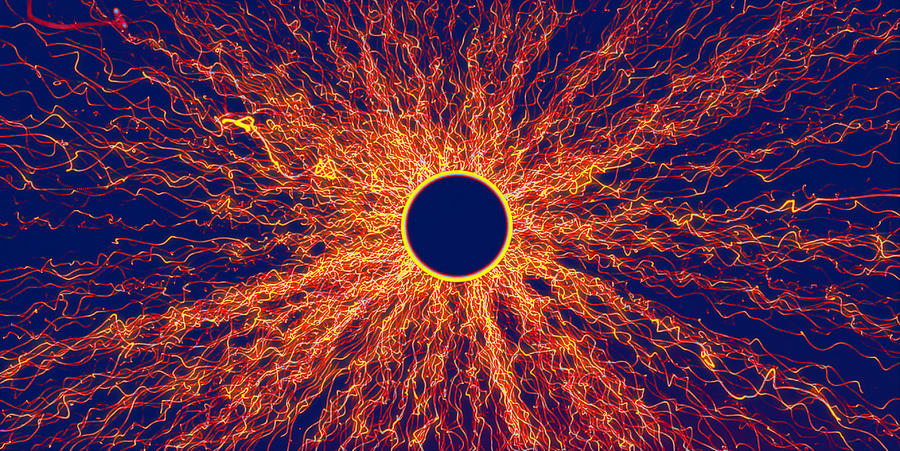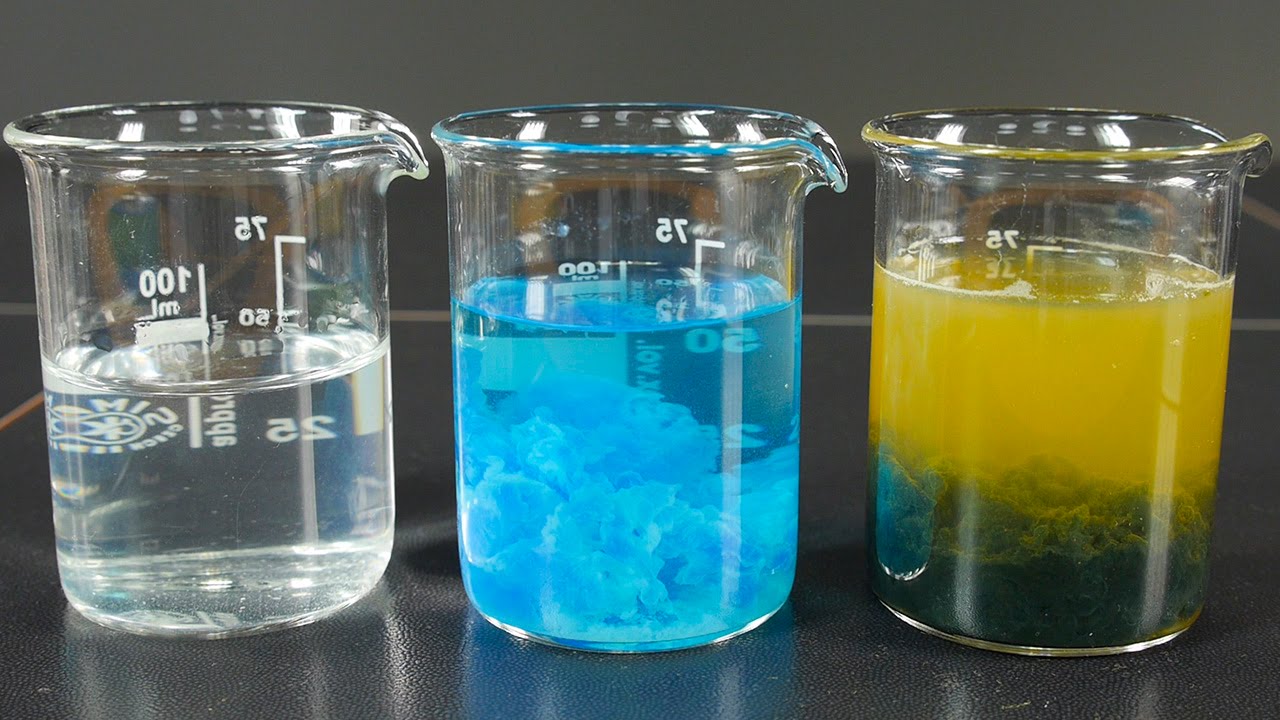Primera ley de la termodinámica // First Law of Thermodynamics (ESP-ENG)
La termodinámica es la ciencia que estudia las relaciones entre el calor y las demás formas de energía. Toda transformación – cambio químico o físico – implica, casi invariablemente un cambio energético.
La termodinámica se unos principios que, si bien tienen demostración empírica, se aceptan universalmente como postulados.
Thermodynamics is the science that studies the relationships between heat and other forms of energy. Every transformation - chemical or physical change - almost invariably involves an energetic change.
Thermodynamics are principles that, although they have empirical proof, are universally accepted as postulates.

Primer principio: la energía se conserva. Puede definirse así: la energía total de un sistema aislado permanece constante. Equivale a afirmar que la energía no se crea ni se destruye, solo transforma de un tipo a tipo, es decir, siempre que desaparece una clase de energía debe producirse una cantidad exactamente equivalente de otra clase.
Sin embargo en la actualidad se sabe que la materia puede transformarse en energía y viceversa, pero este fenómeno no va contra el primer principio, si se considera la materia como un tipo especial de energía condensada o empaquetada. Esta inter transformación materia – energía puede realizarse también en sentido opuesto: la captación de una cierta energía por un núcleo estable puede transformarlo en otro menos estable de mayor masa, produciéndose algo de materia a expensas de la energía suministrada.
First principle: energy is conserved . It can be defined as follows: the total energy of an isolated system remains constant. It is equivalent to affirming that energy is not created or destroyed, it only transforms from one type to type, that is, whenever one class of energy disappears, an exactly equivalent amount of another class must be produced.
However, today it is known that matter can be transformed into energy and vice versa, but this phenomenon does not go against the first principle, if matter is considered as a special type of condensed or packed energy. This matter-energy inter-transformation can also be carried out in the opposite direction: the capture of a certain energy by a stable nucleus can transform it into a less stable nucleus of greater mass, producing some matter at the expense of the energy supplied.

El primer principio, al establecer la conservación de la energía (en el sentido más amplio) para un sistema aislado, niega la posibilidad de existencia del móvil perpetuo de primera especie. Este móvil seria una maquina, que sin consumir energía de ningún tipo, produjese trabajo en forma continua, por ejemplo, una rueda que con un impulso inicial fuerte se pusiese en movimiento girando sobre su eje indefinidamente. La experiencia demuestra que esta rueda acaba parándose, porque la energía gastada en vencer los rozamientos inevitables se obtiene a costa de la energía cinética de la rueda, disminuyendo su velocidad hasta cero.
The first principle, by establishing the conservation of energy (in the broadest sense) for an isolated system, denies the possibility of the existence of the perpetual mobile of the first kind. This mobile would be a machine that, without consuming energy of any kind, would produce work continuously, for example, a wheel that with a strong initial impulse would set itself in motion by rotating on its axis indefinitely. Experience shows that this wheel ends up stopping, because the energy spent in overcoming the inevitable friction is obtained at the cost of the kinetic energy of the wheel, reducing its speed to zero.
